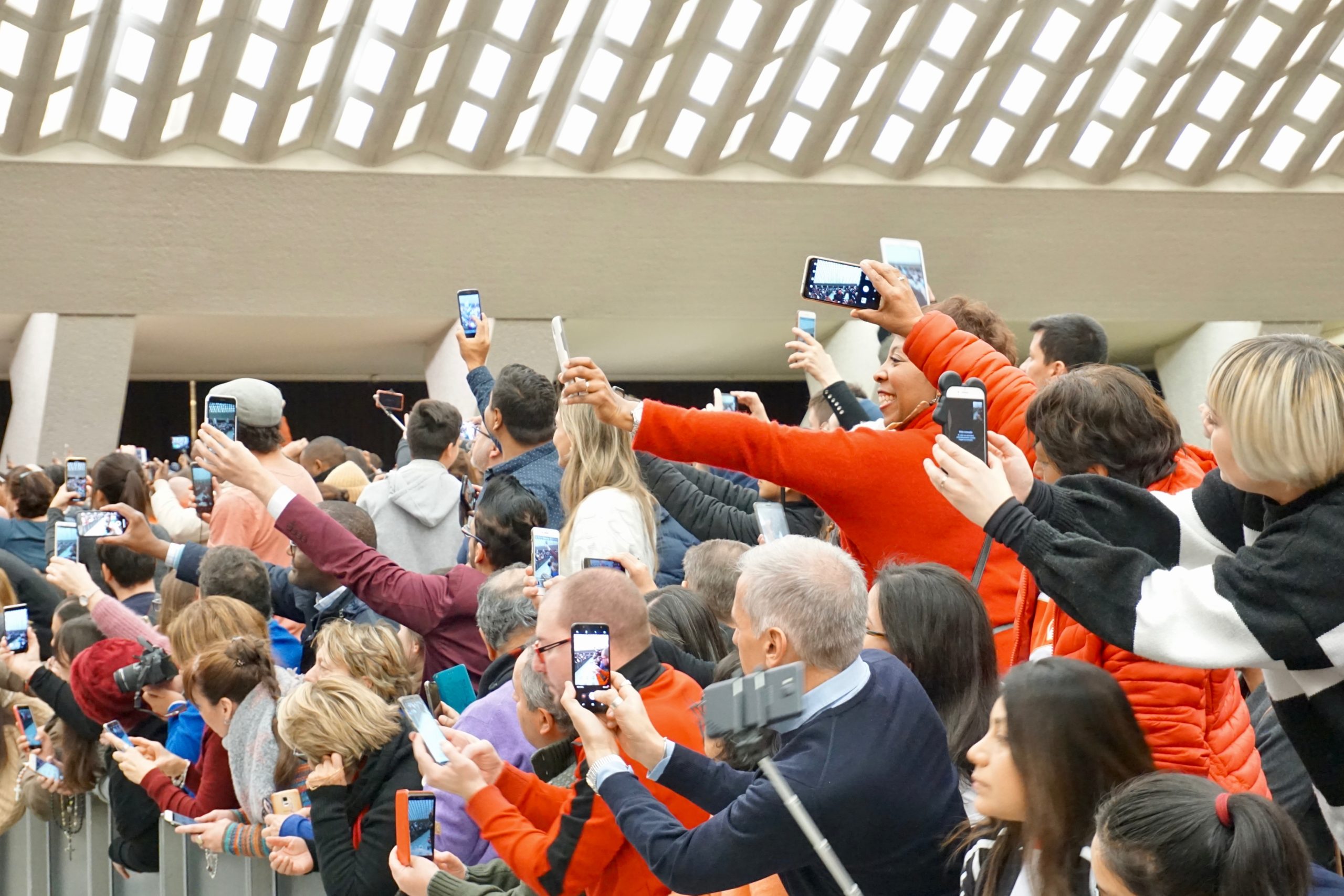In the last Brazilian elections, social media played a decisive role when people voted for the candidates of their choice. Election campaigns were leveraged over the internet, through social networks, and instant messaging applications. This phenomenon, related to the massive use of new technologies in Latin American elections, has been studied by experts and will be the subject of the workshop “Media, new technologies and development in Latin America: political, social and economic perspectives”, which will take place in next 4th and 5th of July, at City, University of London. The international event will be coordinated by the UFF’s Social Communication professor Adilson Cabral, in partnership with UERJ, and financed by a British development agency.
“The objective is to debate the advances in the technological area and its influence on South American development and the maintenance of democracies in these countries, in the middle of an era of concentration and media commercialization”, explains the professor of Media and Sociology of the Department of Sociology at the City, University of London and senior lecturer in the workshop, Carolina Matos. According to her, the British stage will anticipate what will be discussed at IAMCR 2019 (International Association in Media and Communication Research), which will be held in Spain later this month.
The fake news is the most perverse product of this organization, as they are widely deployed and welcomed, gaining the status of truth.
Adilson Cabral
The subject was already discussed in March, at the Institute of Arts and Social Communication (IACS) at UFF, where the first stage of the workshop was held. “These meetings intensify the collaboration between Latin American countries and Europe, at a time when the importance of ‘de-colonization’ – influence or cultural transfer from colonizers to the colonized and vice versa – of studies and teaching is discussed in the UK in the academic environment,” explains Carolina.
“Universidade Federal Fluminense has a huge tradition in research and products related to Community Communication and the workshop held here was an excellent opportunity to bring ties with Latin American and British production closer together,” Cabral said. In Carolina’s opinion, the event was important for all Brazilian academic institutions with which City works together. “In addition to UFF, partnerships were established such as the Institute for Social and Political Studies (IESP) at UERJ, where I am a visiting professor, working on a project on the use of communication and digital networks by NGOs that work with gender equality and sexual and reproductive rights,” she highlights.
The British stage
In a time of increasing concentration and commercialization of the media, how can we analyze the role of the media in a democracy? How can networked communication be better used to give a voice not only to civil society but also to social movements and socially marginalized groups? How can information and communication technologies (ICTs) be used for the development of nations? These are some of the many issues that were recently discussed in the Brazilian stage of the workshop, held at IACS, and that will be further developed in the London stage of the event, which will include lectures by Latin and North American, and European researchers specialized in the field of media.
One of the main focuses of the organizers is to give visibility to the role of communications and new technologies (ICTs), including community radio and university TVs, in the development of the most diverse communities. “The work extends to indigenous populations, social movements, the relationship between participation, empowerment and gender, and particularly in relation to the use of the media and how these communication tools can be used for activism and political engagement,” emphasizes Adilson.
In the following interview, Professor Adilson Cabral explains some aspects of the debate on the electoral use of social networks in Latin America:
The American and Brazilian elections proved the power of social networks in choosing and defining a candidate. How do you evaluate this phenomenon?
My understanding is that social media, and especially instant messengers, are being used from data mining and cloud computing to trigger an extensive and nested network of truth-making from organizations that are heavily impacting scenarios. politicians around the world.
Did digital social media prove to be decisive in the last elections here in Brazil and abroad?
Social networks are taking on greater and more serious importance in the elections because of the uses of those technologies to mobilize the content triggering on a massive scale, for geolocalized users. It is a globally orchestrated project, which is being implemented in several countries, including Latin America, and which demands fundamental attention from society and transparent regulation with international reach by nations.
How does fake news work inside this context?
The fake news is the most perverse product of this organization, as it is widely deployed and welcomed, gaining the status of truth in the face of a wide desert of ideas and the unfeasibility of the Welfare State in the formulation and implementation of public policies capable of promoting human rights related to the suppression of income inequality.
As a specialist in Community Communication, how do you highlight the strength and penetration of community radio? Were they also decisive in the last elections in Brazil?
The radio stations that are effectively community is being restricted in their potential for action, precisely because they are the counterpoint of this articulation, due to their transparency and plural participation with cultural diversity. And it is worth mentioning that they, together with community TVs, are vehicles that cannot be left aside due to digital technologies, as they articulate communities in their territories and their daily lives. These vehicles, despite technological advances and competition from new media, remain in the taste of a good part of the population, with a big and important penetration mainly among the poorest communities. And, knowing this, the candidates use the medium to publicize their government platforms.




